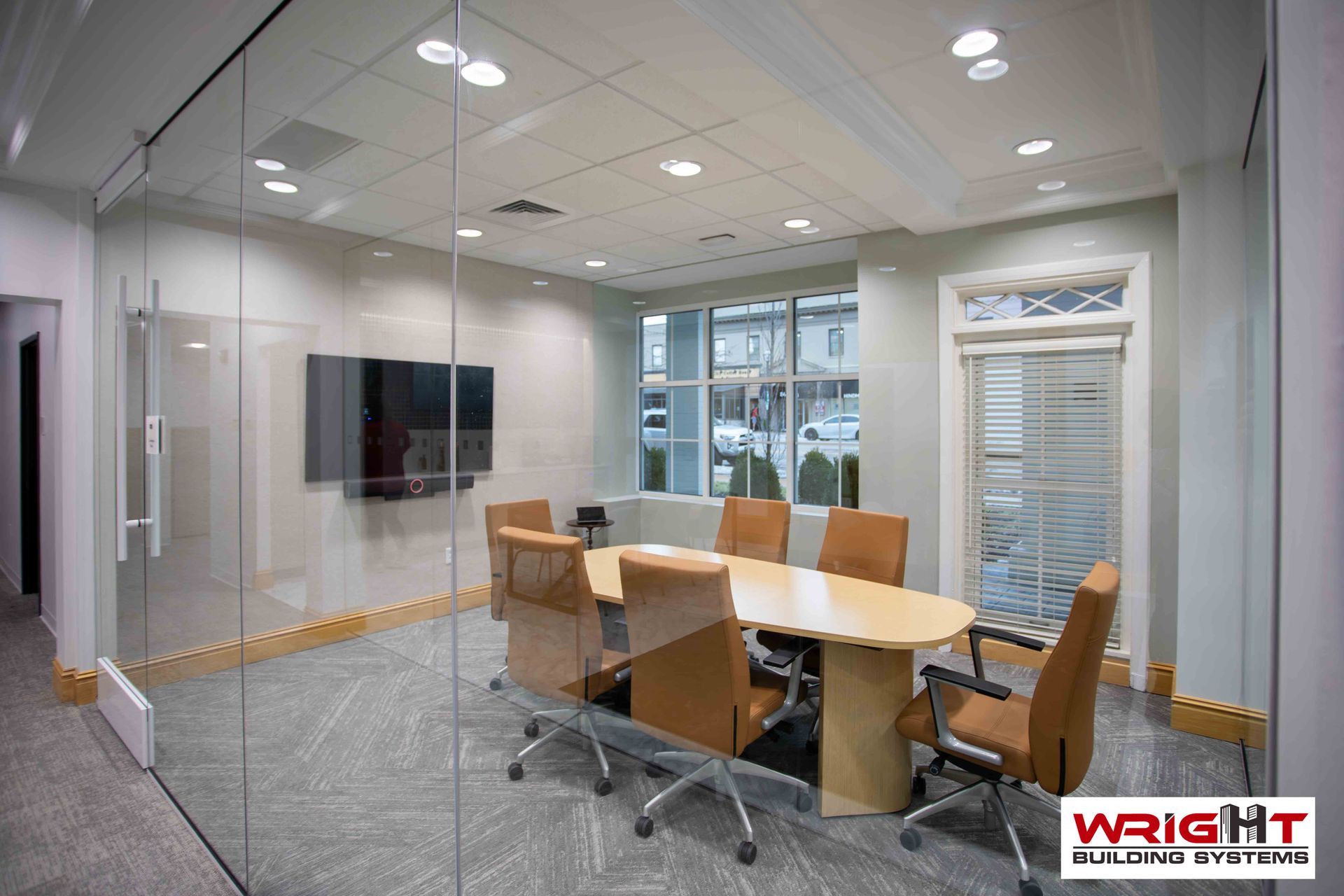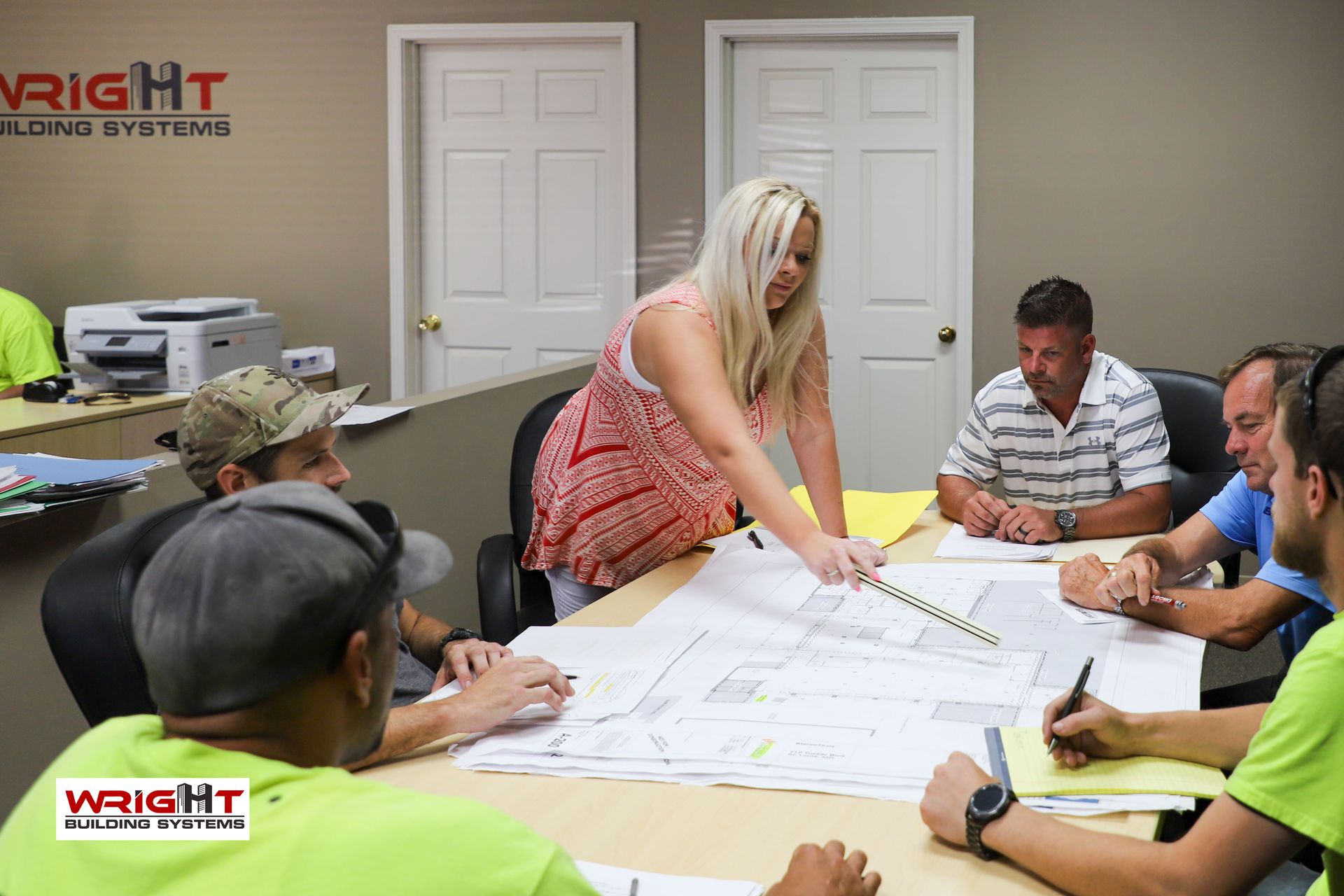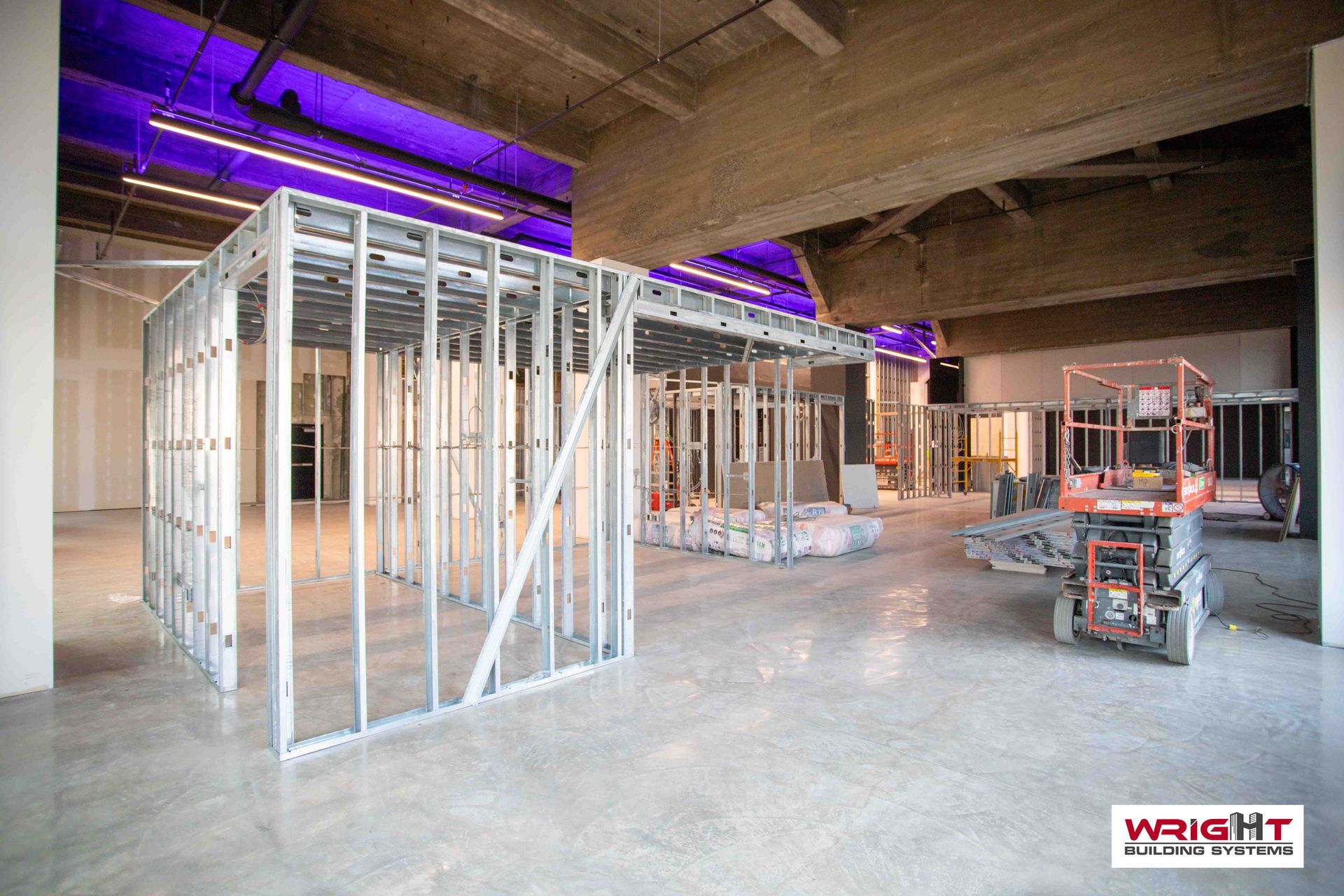Construction Trends to Watch for in 2024
Every year brings innovations to each professional field, and the construction industry is no exception. As we move toward 2024, several key trends are shaping to revolutionize the commercial construction industry. These changes are exciting and promising, from sustainable building practices to the rise of modular construction. Let's look at some of the most notable trends to monitor in the new year.
Technology Advancements in the Construction Industry
The construction industry is no stranger to technological advancements, and in 2024, we can expect to see even more integration of smart technologies in construction projects. Internet of Things (IoT) devices and sensors allow for real-time monitoring of construction sites, improving safety, efficiency, and productivity.
One area where we will see significant advancements is using drones and robotics in construction. The small crafts can be used for surveying and mapping, allowing construction professionals to gather data and identify potential issues before they become costly. Conversely, robots can be used for tasks such as bricklaying or heavy lifting, reducing the risk of injury and improving overall efficiency.
Virtual reality (VR) and augmented reality (AR) technologies should also significantly impact the construction industry. These technologies allow construction professionals to visualize designs in a virtual environment and detect any discrepancies or clashes before construction begins, saving time and money while ensuring that the final product meets client expectations.
Sustainable Construction Practices & Materials
There has been a growing emphasis on sustainable building practices in recent years, which will continue in 2024. Builders increasingly source eco-friendly materials such as recycled steel, reclaimed wood, and sustainable concrete alternatives. These materials reduce the environmental impact of construction but also contribute to the overall energy efficiency of the building.
Energy-efficient systems are also becoming a standard feature in modern construction projects. Builders are incorporating sustainable technologies, from solar panels and geothermal heating to smart thermostats and energy monitoring systems, to reduce energy consumption and lower carbon emissions.
Furthermore, water conservation is another important aspect of sustainable construction. The increased implementation of rainwater harvesting systems and efficient plumbing fixtures reduces water usage and promotes responsible water management. These practices benefit the environment and help reduce water bills for building occupants.

Modular & Prefabricated Construction Methods
Modular and prefabricated construction methods involving the off-site manufacturing and transportation of building components to the construction site for assembly have gained popularity in recent years. This approach offers several advantages, including reduced construction time, improved quality control, and minimized waste.
Modular construction also allows for greater flexibility in design and customization. Builders can easily create unique and innovative structures by combining various modules, resulting in more efficient use of space and resources. Additionally, the controlled manufacturing environment ensures that the building components are of high quality and built to last.
The Rise of Smart Buildings & IoT in Construction
One of the most significant trends in the construction industry is the rise of smart buildings and the integration of IoT devices. Smart buildings are equipped with sensors, automation systems, and connectivity features that allow for intelligent monitoring and control of various building functions.
Using IoT devices in construction enables real-time data collection, analysis, and optimization. For example, sensors can monitor temperature, humidity, and air quality, allowing building managers to adjust HVAC systems for optimal comfort and energy efficiency. Additionally, IoT devices can help detect equipment malfunctions or potential safety hazards, allowing for timely maintenance and repairs.
Safety Innovations & Improvements in Construction
Safety is a top priority in the construction industry, and technological advancements are helping improve safety standards on construction sites. In 2024, we can expect to see the adoption of wearable technology that monitors workers' vital signs, detects fatigue, and alerts them to potential hazards.
Additionally, artificial intelligence (AI) and machine learning algorithms can help identify and predict safety risks based on historical data and real-time conditions. This proactive approach allows construction professionals to implement preventive measures and reduce the likelihood of accidents or injuries.
Furthermore, implementing safety training programs and regular safety inspections will continue to be crucial in ensuring a safe working environment. Construction companies are investing in employee training and education to promote a culture of safety and compliance.

Work With Wright Building Systems
Greater St. Louis business owners trust Wright Building Systems time and again with all of their projects, including commercial renovations, high-security construction, and more. We are committed to safety and delivering finished products that exceed expectations.
Our dedicated team has the equipment, technical skills, and perseverance to complete your project. Let's get in touch today!



